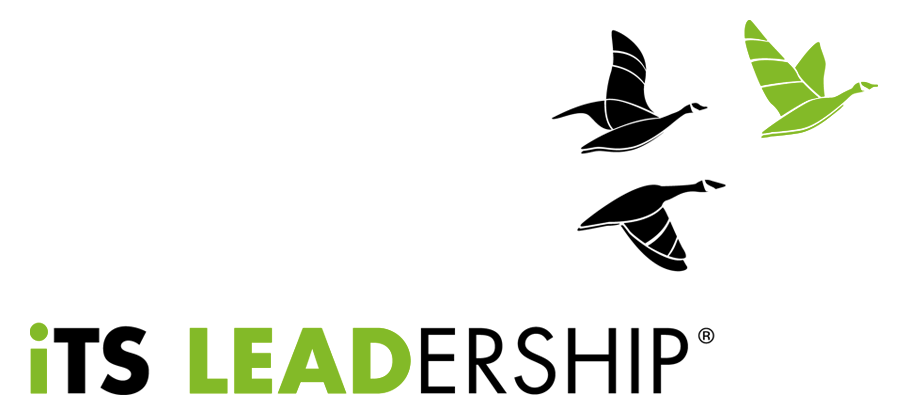We all have objects around our homes that have significance to us personally. This is one of mine and the story attached to it highlights the difficulty we can have as leaders in understanding long term outcomes and knowing if we have done the right thing.
This Royal Doulton china pot (pictured above) was given to me as a gift by a patient’s mother when I was working as a Hospital Play Specialist on a children’s ward in the 1980s. She wanted to express her thanks for the care I had given her daughter Dawn*, who was treated for bone cancer at The Middlesex Hospital. It was not unusual for any of us to receive a gift from parents who were grateful for the care given by the clinical staff though the gruelling year-long treatment, but this was exceptional. It arrived three years after Dawn had finished her chemotherapy and surgery.
The note that came with the present from Mrs Hughes* said that she had only recently understood from Dawn’s reflections on her time on the ward, how important the time spent playing, talking and learning with me in the ward playroom had been. Mrs Hughes wanted to acknowledge how I had helped Dawn develop some healthy approaches to cope well during all the difficulties she encountered,and how this had meant she had adjusted successfully to life back at school after treatment finished. This small gift and its message illustrates a valuable point: it can take a long time for the benefits of our work to be fully realised.
Whilst Dawn started benefitting from our care during her treatment, the long term outcomes of a healthy adjustment to a major life event, such as a cancer diagnosis, is the ultimate goal in paediatric care. Yet we rarely get to know about the long term outcomes of much of what we do, whether it’s about the psychological health of our patients, or the impact we have on our customers, or the consequences of many of our decisions on our businesses in the long term. When the operating environment is as complex as it is now, the outcomes are harder than ever to predict and tougher to keep track of.
So how do you know that you are creating beneficial long term outcomes for your team and your clients? How might you get the feedback that will give you clarity on how you add real value? Looking at the china pot today, I realise I have two ways that work well for me.
1. Values
The work of the hospital play specialist in the ’70s and ’80s had some research evidence base to support it, yet was largely founded on core principles, articulated by pioneering psychologists and paediatricians. In other words, we worked to a set of values that we believed were right for the child and their family’s health. I still do this. When the long term outcomes cannot be determined but a problem needs solving, I work from a set of business and professional values.
2. Feedback
I also seek out feedback from those less connected to my current world of work. Just as those three years had allowed Dawn and Mrs Hughes to see things more clearly, so the conversations with those I’ve worked with in the past have brought insight and understanding into how I’ve added value, and the longer term outcomes of my work with clients. Their reflections might not always be comfortable to hear, as honesty can bring surprises, yet the looking back can help guide the moving forward.
So, what are your examples of my china pot, when you learned that you had made a difference long after the event?
What will help you know if you are doing the right thing?
Please do get in touch to share your experiences.
*Not their real names
Let’s start something new!
Get in touch with us today and take the first steps to transforming your business.

Recent Comments